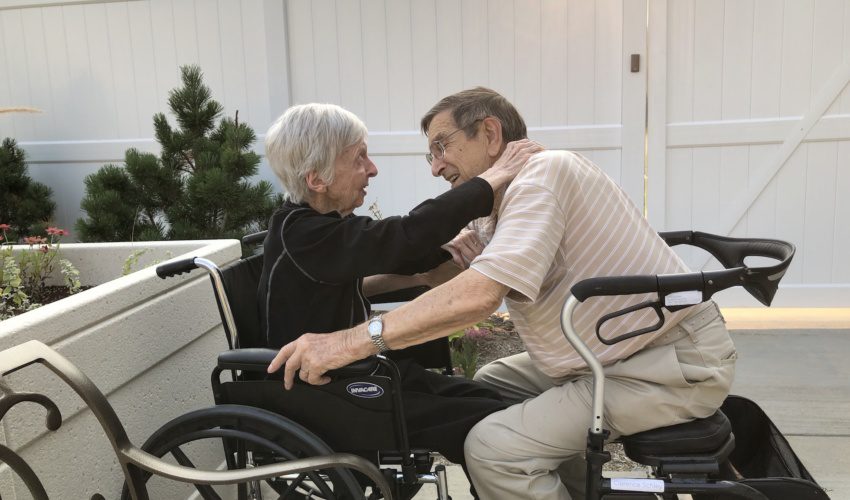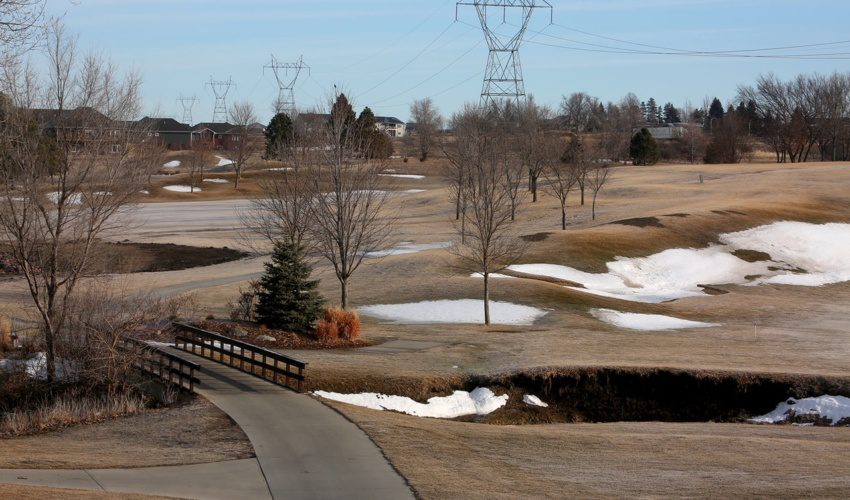POET, Princeton inspire students to design a ‘net-zero America’
Aug. 30, 2021
This paid piece is sponsored by POET.
It is clear that our world is facing severe environmental and climate problems; droughts, floods and other natural disasters become more common and more destructive each year.
We have heard goals under efforts such as the Kyoto Protocol, the Paris Accord and, most recently, the Clean Energy Revolution proposed by President Joe Biden. While we have made some progress, the weight of the work that remains to achieve a carbon-neutral economy looks daunting.
But at Princeton University, students are preparing to shoulder the load.
Undergraduate students at Princeton are tapping into the real-world experience of POET and other companies in the midst of the climate fight today. They are learning that it takes more than new technology to solve our world’s issues; it requires a coordinated effort across dozens of fields to find success.
Rapid Switch: The Energy Transition Challenge to a Low-Carbon Future is a small class with big aspirations. Eight students are divided into three groups, each tasked with outlining a comprehensive plan for their hypothetical company to play a role in reaching a zero-carbon economy by 2050.
More than technology
Each group in the class has an outside adviser working in the clean-energy industry today. Dave Bushong, the senior vice president of research at POET, is one of those advisers.
Bushong meets via videoconferencing every other week with a group of three students. Their hypothetical company is, in fact, named POET, but their technology converts biomass into hydrogen fuel. He said the technology itself is not what the exercise is about. It is about looking at a solution in a comprehensive way to factor in things such as politics, stakeholder concerns and land-use issues.
“We’ve talked about biomass collection and how did we do that at (the cellulosic biofuel plant) LIBERTY,” he said. “Different stakeholders, different approaches, it’s really been a mixture of technical information kind of married up with public policy and this goal to get to net-zero carbon emissions.”
Eric Larson, a senior research engineer at the Andlinger Center for Energy and the Environment at Princeton University, is one of the course leaders. He said undergraduate students often do not get a practical understanding of how their course of study fits into the larger picture.
“The idea is to put them into an environment where they’re mimicking the real world in terms of trying to make a big change in the energy system,” he said.
Making it real
For the students, working through the challenges of politics and society has been one the most enlightening aspects of the course.
Mechanical engineering student Chris Ferrigine said the class thinks about everyone who could be affected by a project, from “congressmen and women down to the local surfing community.”
“It’s become apparent that you need so much more in your skill set than fluid mechanics or whatever you’re learning in class,” Ferrigine said. “You need to be able to do these other things, financial or public relations, because if you don’t, then the magnitude of the renewable shift that we’re trying to achieve won’t be accomplished, or, at least, you won’t be a part of it.”
Jane Brown, a chemical and biological engineering student, hasn’t settled on her career. The course has enlightened her about the number of different jobs needed to transition to a clean economy.
“I’m optimistic that there will be some way in which I’ll be able to contribute in the future,” she said.
A challenge to the next generation
Both Ferrigine and Brown said they feel pressure for their generation to take a significant role in fixing the climate problems facing this world. Both were raised to understand everyone has a responsibility to be part of the solution.
Brown said she has always felt that she should take care of the environment out of simple respect for our world. But the truth is, it is in humanity’s own best interests.
“It’s a completely selfish issue,” she said. “It’s our future that’s on the line.”
Bushong thinks they are well equipped to handle it.
“It’s fun just to see how smart they are and interested in this topic,” he said. “It gives you a lot of hope for the future to see these smart young people dedicated to improving the environment and reducing our carbon emissions.”









